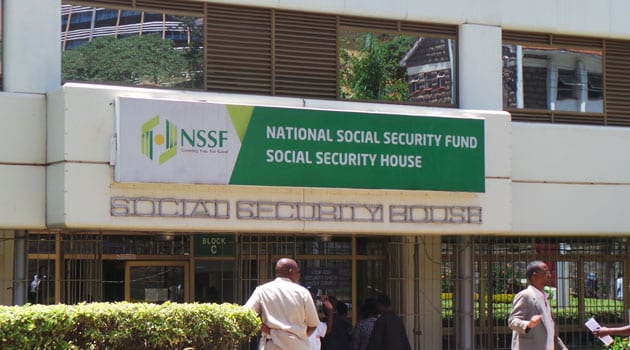Many public servants, including teachers under the Teachers Service Commission (TSC) payroll, experienced a salary shock on Wednesday as new pension deductions were applied to their July pay. Many teachers reported seeing unfamiliar deductions on their payslips, in addition to the regular statutory deductions, which seemed to correspond to the proposed deductions by the National Social Security Fund (NSSF). The Union of Kenya Civil Servants (UKCS), representing numerous public sector workers, urgently requested a meeting with the government to address the crisis.
Read more: Public Servants To Lose 4 Allowances In New SRC’s Move
The recent changes were a result of amendments to the NSSF Act, requiring a monthly contribution of 12 per cent of an employee’s salary, with 6 per cent deducted from the employee’s pay and the other 6 per cent contributed by the employer. The new rates are graduated based on income levels, with employees earning above Kes 18,000 divided into two contribution tiers: tier I and tier II. Tier II contributors are required to pay Sh720 monthly, with the employer matching the amount, resulting in a total contribution of Sh1,440 from both parties. Tier I contributors are expected to pay Sh360 per month, matched by their employers.
Read more: Why Employers are Unhappy with New NSSF Rates
The Ministry of Public Service had instructed all government agencies to implement these rates earlier in the month. The implementation followed a Court of Appeal ruling in April that declared the NSSF Act of 2013 legal, allowing the government to increase the contributions, despite resistance from employees and employers in court. President William Ruto supported the higher rates as part of his efforts to encourage increased savings. He cited the need to provide dignity in old age for Kenyan citizens who often face poverty in retirement, which was due to the previously low monthly contribution of Sh200 to the NSSF.
Read more: Will Increased NSSF Contributions Save Kenyans From Old-Age Poverty Crisis?
The Act aims to significantly raise the monthly pension contribution for employees earning over Kes 18,000. Attempts to halt the implementation of the new rates were unsuccessful in June, as the Supreme Court declined to issue an order to stop the government from applying the increased contributions, stating that the applicants did not meet the necessary threshold for such an order.
Email your news TIPS to editor@thesharpdaily.com











